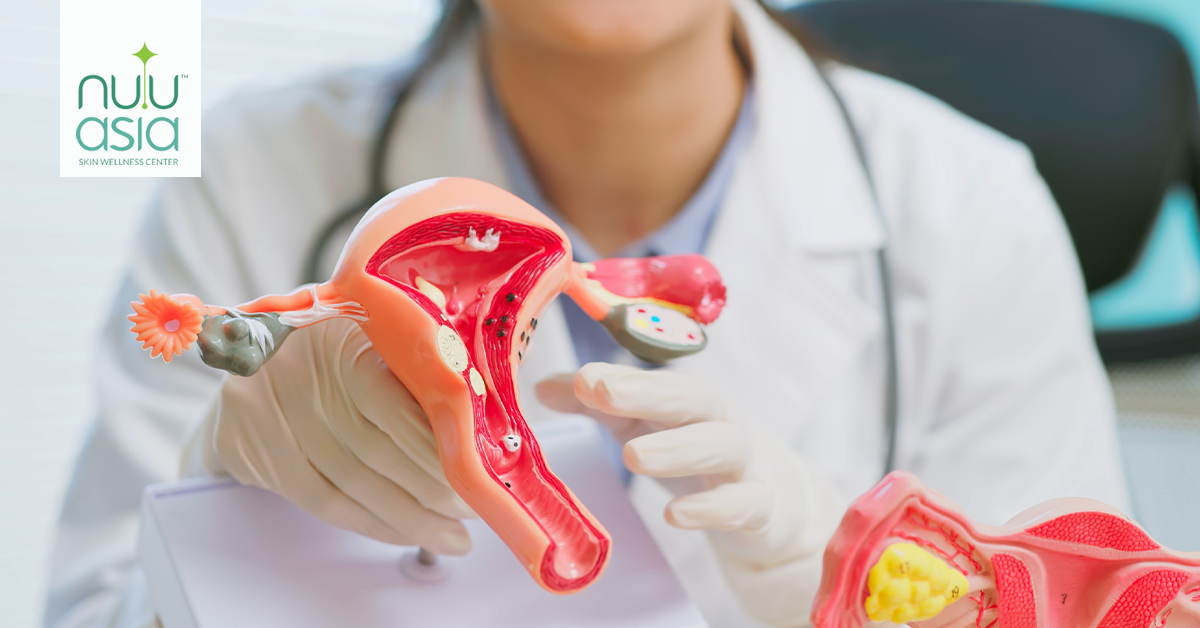
Breaking the Stigma: Understanding and Managing PCOS
Polycystic Ovary Syndrome (PCOS) is a complex hormonal, metabolic, and reproductive disorder that affects women all over the world. It’s a common human disorder and the leading cause of infertility in women. PCOS is a condition that can also lead to different complications and medical conditions. There are four common types of PCOS:
- Insulin-Resistant: A common type where the body becomes resistant to insulin, leading to higher insulin levels and increased androgen. Symptoms include weight gain, fatigue, and brain fog.
- Inflammatory: Caused by chronic inflammation, this type leads to hormonal imbalances and elevated androgens, with symptoms like headaches, fatigue, and skin issues.
- Post-Pill: Occurs after stopping oral contraceptives, causing a surge in androgen levels and symptoms like irregular periods, acne, and excessive hair growth.
- Adrenal: This type of PCOS is linked to high DHEA-S levels from the adrenal glands, often triggered by stress, resulting in elevated androgen levels.
In addition, PCOS is often associated with menstrual cycle irregularities, difficulty managing weight, and hormonal imbalance. However, the symptoms of PCOS can vary from one woman to another, making it difficult to diagnose and manage. The following are some of the common symptoms of PCOS:
- irregular periods
- weight gain
- severe acne
- excessive hair growth
- fertility issues
- small cyst in the ovaries
While there are no exact causes of PCOS, environmental factors and genetics can play a huge role in acquiring this condition. Apart from these factors, a few might also cause PCOS, including:
- Insulin resistance
- Low-grade inflammation
- Difficulty managing weight
- Higher levels of androgen (also called hyperandrogenism)
The Importance of Early Diagnosis and Management
Early diagnosis and management of PCOS are crucial to preventing serious health complications. One of the biggest challenges in managing PCOS is that it is often overlooked or misdiagnosed. According to PCOS Challenge, Inc., 50% of women with PCOS are undiagnosed. Thus, many women are experiencing symptoms over time without a proper diagnosis. This delay can cause increased health risks and worsen symptoms. By monitoring PCOS early, women can take proactive steps to manage and reduce the risk of long-term health problems.
While there is no cure for PCOS, there are a few effective strategies that you can use to alleviate the risk associated with this condition. According to the World Health Organization, some symptoms can be improved through lifestyle management, medications, and treatments. It is also important to have a support group and connect with other women who also share similar experiences.
Remember: You are not alone in this journey. NU.U Asia is here to support you all the way. We are committed to breaking the stigma surrounding this condition and helping women feel more empowered and supported.
Consult our OB-GYN professional today! Visit NU.U Asia Skin Wellness Center located at 4F One Bonifacio High Street Mall in BGC for personalized recommendations and advice.
